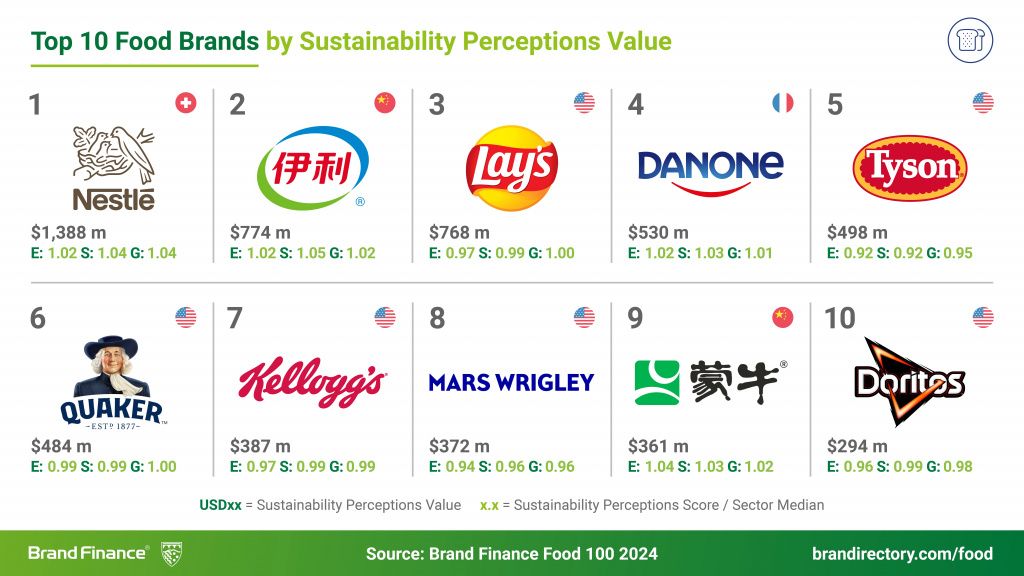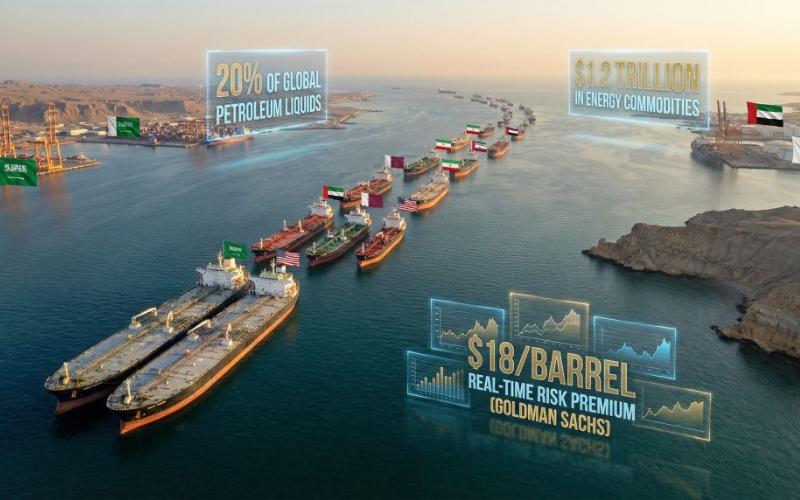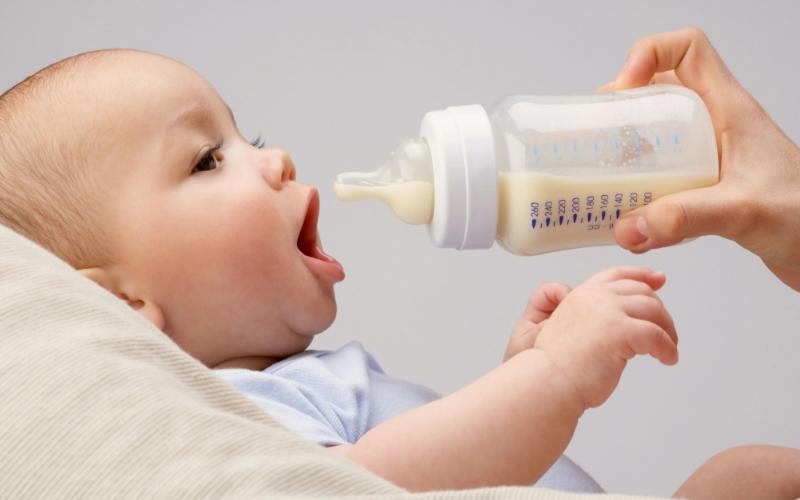Nestlé Maintains Dominance as World's Most Valuable Food Brand Amidst Sectoral Challenges
Nestlé continues to reign as the world’s most valuable food brand, despite a 7% dip in brand value to USD 20.8 billion, according to the latest report by Brand Finance, the leading global brand valuation consultancy. The brand's robust equity and resilience have enabled it to sustain its leading position in the highly competitive global food industry. Nestlé's success can be attributed to its ability to swiftly adapt to shifting consumer preferences while maintaining a diversified product portfolio, ensuring its continued market dominance.

In a notable shift within the industry rankings, Lay’s has ascended to the second spot globally, with its brand value rising by 9% to USD 12 billion. This advancement has seen Lay’s surpass Yili, which now holds the third position following a 6% decline in brand value to USD 11.6 billion. Lay’s growth is driven by its strong financial performance and the success of innovative product lines such as the Flavour Swap and MAX series, which have resonated well with consumers.
The broader food and beverage sector has experienced a 4% contraction in brand value this year, collectively amounting to approximately USD 268 billion. This decline reflects a growing consumer preference for smaller, private label brands that offer unique and personalized products, challenging the dominance of established industry giants.
Savio D'Souza, Valuation Director at Brand Finance, highlighted the ongoing transformation within the food and beverage industry: "The sector is navigating rapid changes fueled by evolving consumer preferences. Although the decline in brand value poses challenges, it also opens avenues for innovation. Brands that can align themselves with these emerging trends by showcasing a strong brand purpose and delivering exceptional consumer experiences are poised to thrive in this evolving landscape.”
Convenience foods and dairy products continue to be major contributors to the industry's value. Convenience foods benefit from the fast-paced lifestyles of modern consumers, while the dairy segment remains resilient, bolstered by the growing popularity of plant-based options and health-conscious trends. These dynamics challenge established brands to evolve, while simultaneously providing opportunities for new entrants to capitalize on shifting consumer behaviors.
Among the leading brands in this segment, Healthy Choice and DiGiorno have both recorded a 17% increase in brand value, reaching USD 1.4 billion and USD 1 billion respectively. Their success is attributed to innovative product launches and strategic marketing efforts that have resonated with the changing tastes of consumers.

Additionally, Amul has emerged as the world’s strongest food brand, achieving a Brand Strength Index (BSI) score of 91.0 out of 100, coupled with an AAA+ rating. Amul's brand strength is underpinned by its high performance in key metrics such as familiarity, consideration, and recommendation, further solidifying its position in the global market.
In a remarkable development, Viterra, a new entrant in the rankings, has posted the highest brand value growth by percentage, with a 37% increase to USD 1.1 billion. This significant growth is fueled by the brand’s expansion in volumes, strategic acquisitions, and an enhanced BSI score, now standing at 60.6 out of 100.
The 2024 Sustainability Perceptions Index further underscores Nestlé's leadership in the food sector, with the brand holding the highest Sustainability Perceptions Value at USD 1.4 billion. Meanwhile, Lay’s has recorded the highest positive gap value of USD 67 million among brands, reflecting its successful alignment with sustainability trends in the market.
The broader food and beverage sector has experienced a 4% contraction in brand value this year, collectively amounting to approximately USD 268 billion. This decline reflects a growing consumer preference for smaller, private label brands that offer unique and personalized products, challenging the dominance of established industry giants.
Savio D'Souza, Valuation Director at Brand Finance, highlighted the ongoing transformation within the food and beverage industry: "The sector is navigating rapid changes fueled by evolving consumer preferences. Although the decline in brand value poses challenges, it also opens avenues for innovation. Brands that can align themselves with these emerging trends by showcasing a strong brand purpose and delivering exceptional consumer experiences are poised to thrive in this evolving landscape.”
Convenience foods and dairy products continue to be major contributors to the industry's value. Convenience foods benefit from the fast-paced lifestyles of modern consumers, while the dairy segment remains resilient, bolstered by the growing popularity of plant-based options and health-conscious trends. These dynamics challenge established brands to evolve, while simultaneously providing opportunities for new entrants to capitalize on shifting consumer behaviors.
Among the leading brands in this segment, Healthy Choice and DiGiorno have both recorded a 17% increase in brand value, reaching USD 1.4 billion and USD 1 billion respectively. Their success is attributed to innovative product launches and strategic marketing efforts that have resonated with the changing tastes of consumers.

Additionally, Amul has emerged as the world’s strongest food brand, achieving a Brand Strength Index (BSI) score of 91.0 out of 100, coupled with an AAA+ rating. Amul's brand strength is underpinned by its high performance in key metrics such as familiarity, consideration, and recommendation, further solidifying its position in the global market.
In a remarkable development, Viterra, a new entrant in the rankings, has posted the highest brand value growth by percentage, with a 37% increase to USD 1.1 billion. This significant growth is fueled by the brand’s expansion in volumes, strategic acquisitions, and an enhanced BSI score, now standing at 60.6 out of 100.
The 2024 Sustainability Perceptions Index further underscores Nestlé's leadership in the food sector, with the brand holding the highest Sustainability Perceptions Value at USD 1.4 billion. Meanwhile, Lay’s has recorded the highest positive gap value of USD 67 million among brands, reflecting its successful alignment with sustainability trends in the market.










